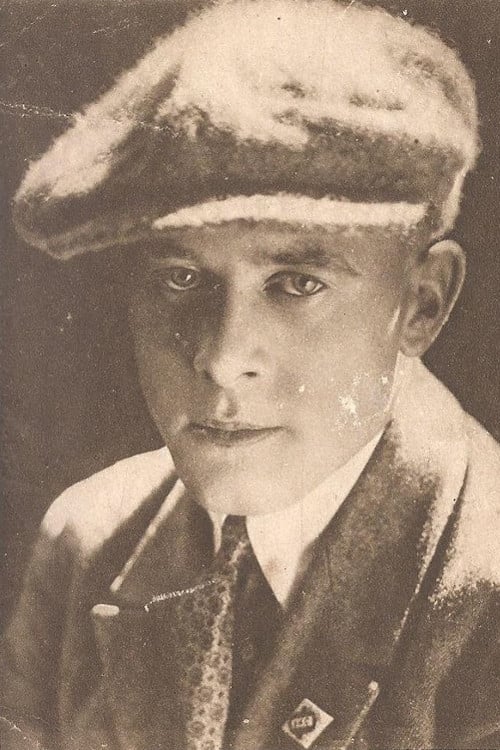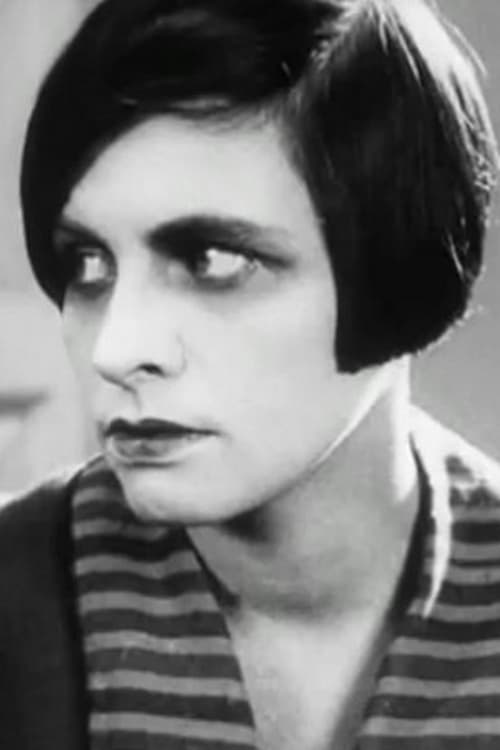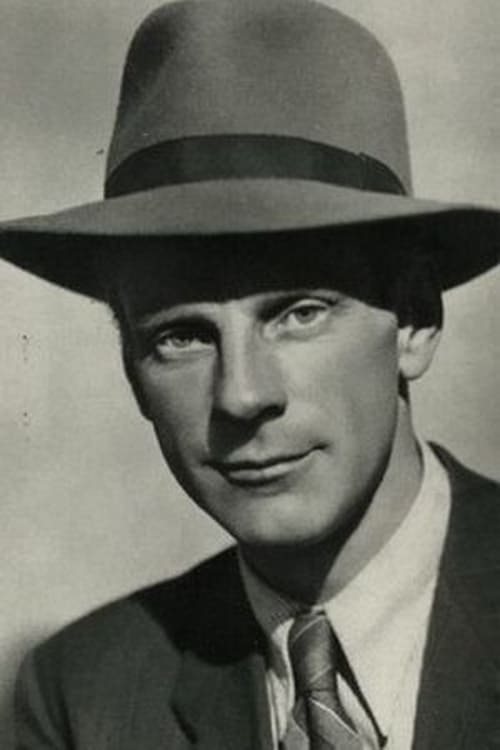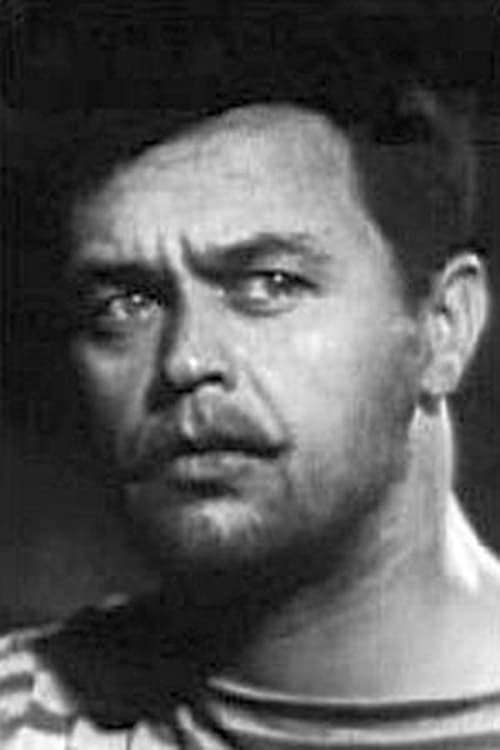The Club of the Big Deed (1927)
장르 :
상영시간 : 1시간 36분
연출 : Leonid Trauberg, Grigori Kozintsev
시놉시스
The film tells about the Decembrists’ revolt in the south of Russia. Right before the Decembrist Revolt 1825 a chevalier of fortune decides that it's time for a game. But on whom to make a bet? He asks the cards. But he's not the only one who makes the choice.
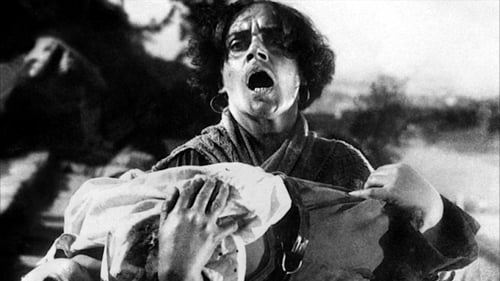
1905년, 제정 러시아 시대. 전함 포템킨의 수병들은 장교들의 학대와 열약한 근무 조건에 불만을 가지게 된다. 썩은 고기를 식량으로 사용한 사실은 그들의 반란의 기폭제로 작용한다. 수병을 없애버리라는 장교의 명령에 포병들은 거역하고 수병과 포병은 힘을 합쳐 동지가 된다. 전함을 완전히 장악한 이들은 승리감에 젖어 흑해 오뎃사 항구로 향하고 이 소식을 전해들은 시민들은 수병들을 환영하러 부두로 나온다. 한편 짜르의 명령을 받은 정예 코자크 군대가 출동하여 그들에 반항하는 시민들에게 무차별 공격을 가한다. 전함 포템킨에 탄 수병들을 환영하려 했던 시민들은 갑작스런 군대에 의해 피를 흘리며 쓰러져 간다. 수 많은 희생자가 나지만, 분노한 시민들은 수병들과 합세하여 봉기, 짜르의 군대와 싸우며 혁명의 대열에 서는데...
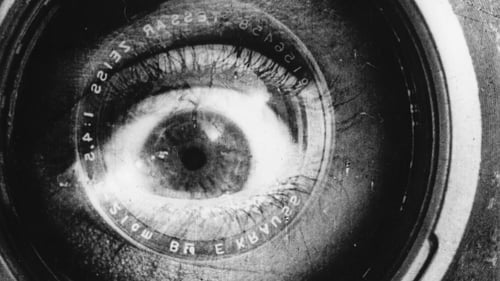
어깨에 카메라를 짊어지고 도시의 이곳저곳을 돌아다니며 사람들의 일상생활과 다양한 도시의 모습을 촬영하는 카메라맨의 이야기를 다룬 다큐멘터리이다.
지가 베르토프는 이 영화를 '자막·시나리오·세트·배우의 도움 없이 시각적 현상을 전달하는 실험'이라고 불렀다. 그는 이 영화에서 구성주의와 몽타주 편집기법을 결합시켜 사물을 입체적으로 보여주는 한편 혁명 이후 민중들의 삶을 활기차고 낙관적으로 묘사하였다.
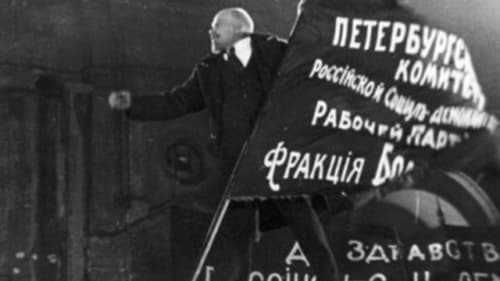
Sergei M. Eisenstein's docu-drama about the 1917 October Revolution in Russia. Made ten years after the events and edited in Eisenstein's 'Soviet Montage' style, it re-enacts in celebratory terms several key scenes from the revolution.

A peasant in rural Russia comes to St. Petersburg to escape absolute poverty and find work at the outbreak of the First World War. He comes to stay with his friend, a Bolshevik worker who has organized a strike at his factory. The peasant betrays his friend to the factory's greedy management, leading to the arrest of the striker. Feeling remorseful at his actions, the peasant attempts to plead for his friend’s freedom, but the situation escalates and he is imprisoned without trial and sent to fight in the war. After returning from the front, the peasant joins the revolutionary fight along with the Bolshevik worker.

This documentary promoting the joys of life in a Soviet village centers around the activities of the Young Pioneers. These children are constantly busy, pasting propaganda posters on walls, distributing hand bills, exhorting all to "buy from the cooperative" as opposed to the Public Sector, promoting temperance, and helping poor widows. Experimental portions of the film, projected in reverse, feature the un-slaughtering of a bull and the un-baking of bread.

The film tells about the Decembrists’ revolt in the south of Russia. Right before the Decembrist Revolt 1825 a chevalier of fortune decides that it's time for a game. But on whom to make a bet? He asks the cards. But he's not the only one who makes the choice.

Mr. West and his faithful bodyguard Jeddie visit the land of the 'evil' Bolsheviks. Through various mishaps, Mr. West discovers that the Soviets are actually quite remarkable people.

Life is short and full of oppression, but that doesn't mean Parasha can't find love and laughter when she leaves her country home to take a job as a maid in the overcrowded, overworked, and underpaid world in the big city.

The momentous film stars Mykola Nademskyi as the grandfather of Tymish (Semen Svashenko), whom he alerts to secret treasure buried in the mountains of Zvenygora – Treasure that rightfully belongs to his homeland. The film wonderfully blends both lyricism and politics and uses its central construct to build a montage praising Ukrainian industrialization, attacking the bourgeoisie, celebrating the beauty of the Ukrainian steppe and retelling ancient folklore. Said Sergei Eisenstein of the film, "As the lights went on, we felt that we had just witnessed a memorable event in the development of the cinema".

The story of Stalin and the Soviet people.

Typically of the heady days of early Soviet cinema, this is constructed according to the fast, sharp editing principles advocated by Eisenstein, complete with symbolic inserts; but in terms of subject matter, it's much less explicitly political than most movies emerging from Russia in the '20s. Chronicling a young sailor's descent into a murky, treacherous underworld of pimps and thieves, after having encountered a Louise Brooks lookalike at a fairground and missed his departing boat, it's a lively moral fable that delights in vivid visual effects and quirky characterisations. If the plot occasionally reveals gaping holes, and the tacked-on ending urging the clearance of the Leningrad slums seems to be rather gratuitous, there's enough going on to keep one attentive and amused.
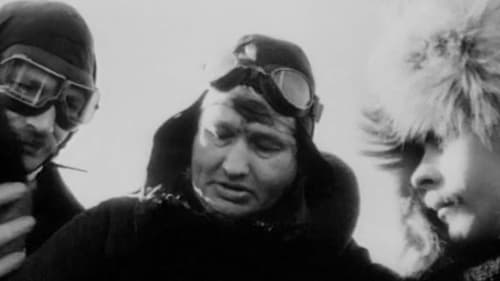
A satiric comedy which dissects the iconography of the 'Soviet Hero'. Original footage of a propaganda film from 1941 is the starting point for this parody of the ideological cliches of Soviet cinema. It follows the story of a Russian crew across the North Pole.




